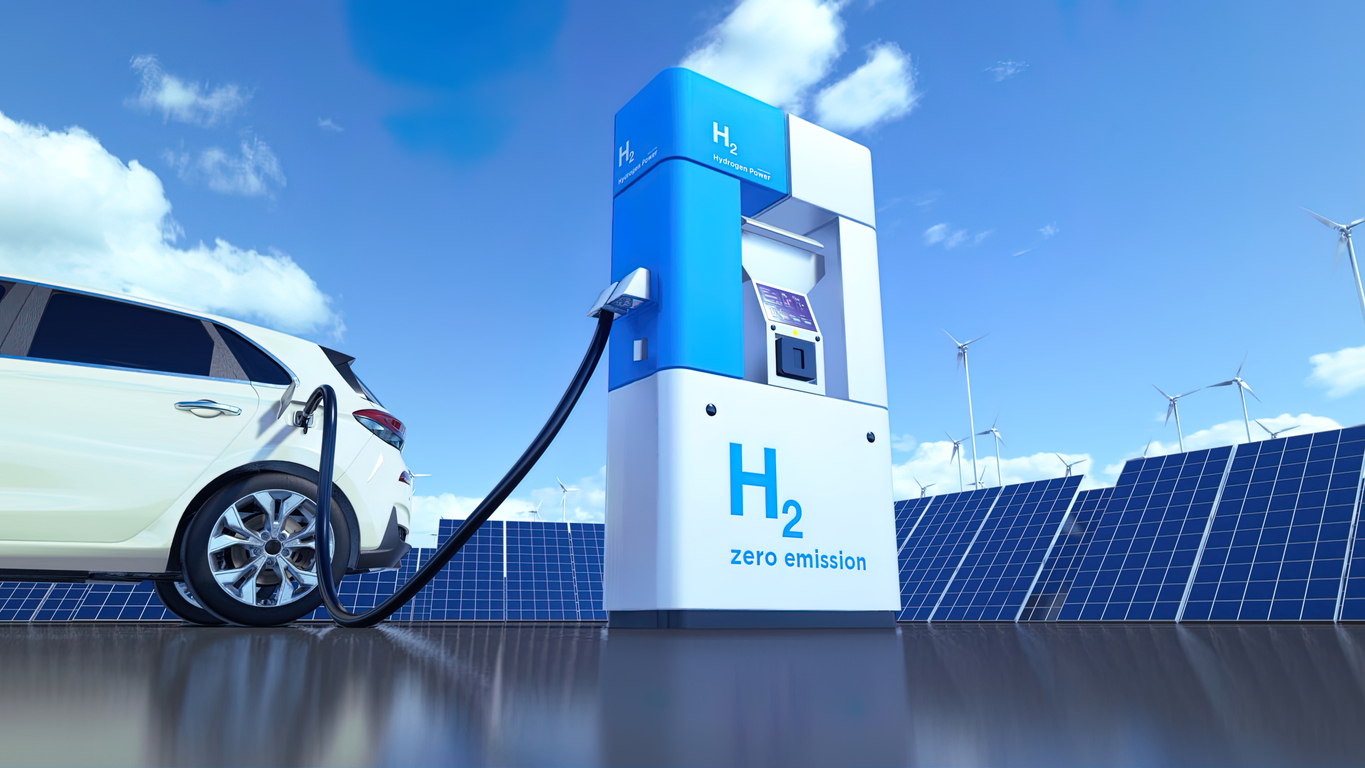2024/04/12
Nissan Launches New Business Plan; New Innovations to Go Beyond “Optimization”!

On March 25, Nissan Motor Co., Ltd. (Nissan) announced “The Arc,” a new business plan positioned as a “bridge” between the “Nissan NEXT” transformation plan, which will end in this FY2023, and the long-term vision “Nissan Ambition 2030.” Nissan set numerical targets for sales volume, the rate of shift to electric vehicles (EV), new model launches, cost reductions, and other factors by region, aiming to increase sales by 1 million units from FY2023 and achieve its operating profit margin of more than 6% and its payout ratio of at least 30% to create a market of 2.5 trillion yen through new businesses such as mobility services by the end of FY2030.
What was emphasized in “The Arc” was to strengthen the price competitiveness and increase sales by optimizing the “powertrain x model mix.” Nissan plans to replace 30 models including 16 EVs with new models by the end of FY 2026 and reduce EV costs by 30% by the end of FY2030. The sales plan and model mix are provided for each regional market. However, as far as I can tell from its business plan, it is somewhat too vague and not convincing enough as a proper business plan. The “winning strategy” in each market does not look clear, and exports from China, which Nissan said it will start in 2025 to achieve 100,000 units, also sound doubtful as it does not even say “where to export to.”
Of course, detailed measures must have been prepared for each market, but its business plan is rather “across-the-board” despite the focuses in its transformation plan, “value over quantity” and “selection and concentration.” I would say that this is typical Nissan’s conventional approach with an emphasis on balance. Prior to the launch of “The Arc,” Nissan announced a strategic partnership with Honda Motor Co., Ltd. (Honda) in the fields of vehicle electrification and intelligence. The actual execution of this project is yet to come. At the press conference, Makoto Uchida, president and CEO of Nissan, expressed a sense of danger and said, “Automakers are not the only ones we are competing with.” If so, was “the automaker” the right partner this time?
Honda, the partner, has already declared that it will withdraw from engine-powered vehicles and specialize in electric vehicles (EVs) and fuel cell vehicles (FCVs) by 2040. In October last year, Sony Honda Mobility Inc., a joint venture of Honda and Sony, announced a prototype of the new EV model “AFEELA,” aiming for delivery in North America in the spring of 2026. The partner for the Global Communication Platform is KDDI. Honda itself has also decided to launch a new FCV model with a plug-in feature that can run without hydrogen. Of course, Honda is Honda. However, I have no choice but to feel that the “optimization” drawn as an extension of the current situation is a gradual regression. I expect Nissan to not be a “bridge“ but be a company ahead of the future beyond 2030!
This Week’s Focus, March 29
Takashi Mizukoshi, the President